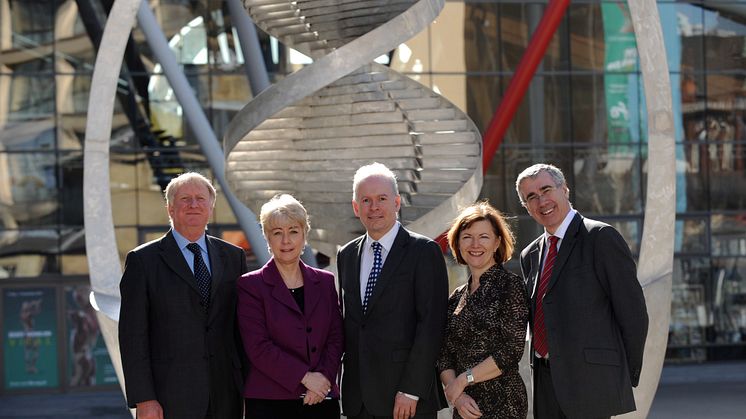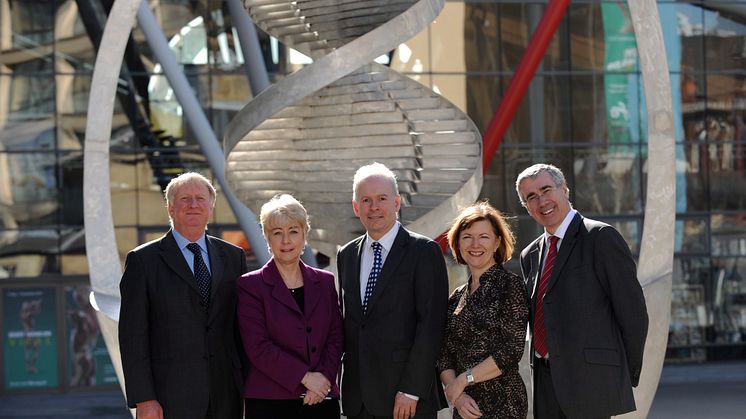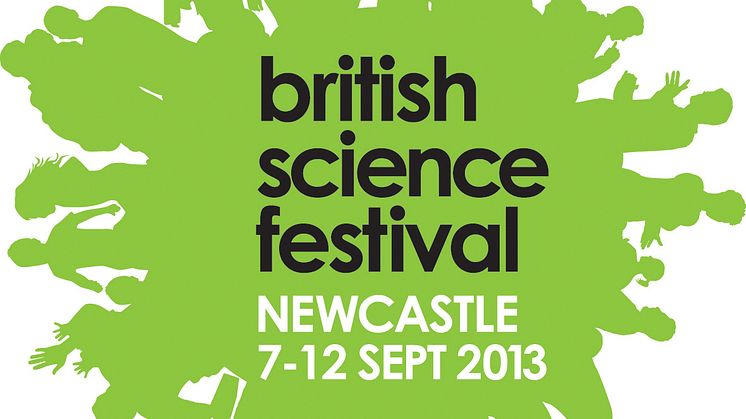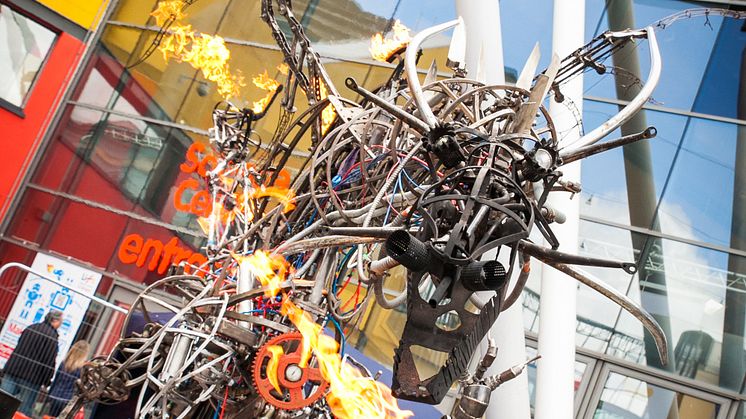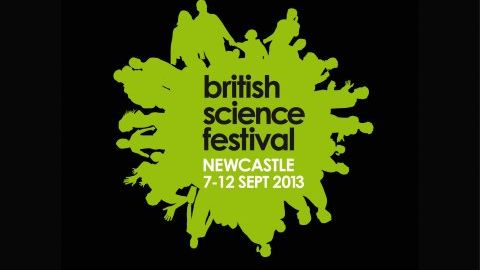
Press release -
Lie detectors put on trial at the launch of the British Science Festival
You will have seen them on the big screen countless times, usually in tense spy movies or US police dramas, but what are the realities of polygraph tests and why do our courts consider their evidence as inadmissible?
Polygraph on Trial is one of the first events of the British Science Festival which opens in Newcastle this weekend and explores the reliability of this famous test, which assesses a subject’s truthfulness based on their physiological responses to a series of questions.
Despite accuracy levels of more than 80% on average, polygraph evidence is not currently admissible in legal proceedings in England and Wales. This fascinating event will discuss the reasons why, while arguing the case for their reliability, and will even give visitors the chance to witness a live polygraph test in action.
Dr Michael Stockdale, of Northumbria University’s Centre for Evidence and Criminal Justice Studies, is one of the academics behind this event, alongside Professor Don Grubin of Newcastle University and experienced private polygraph examiner David Bird, a retired UK police officer with experience of using polygraph in criminal cases in Canada and Belgium.
Dr Stockdale said: “Critics of polygraphy assert that it lacks a clear theoretical basis and challenge its reliability, but the US American National Academy of Sciences found that reliability falls within the range of 81% up to 91%, depending on factors such as the type of test and the skill of the specific examiner.
“Polygraph evidence is regarded as not being admissible in legal proceedings in England and Wales. In other words, if the accused has taken a polygraph, the jury or magistrates should not be made aware of the opinion of the examiner. There are a variety of technical legal rules which are relied upon to justify the inadmissibility of polygraph evidence, which we will discuss at Saturday’s event.
“However, while polygraph evidence is not admissible, this does not mean that, in appropriate circumstances, it would not be possible to admit evidence of statements made by a suspect in the course of a polygraph test, for example, if they amounted to a confession. There are practical reasons this may not happen in reality and again we will explore this on Saturday.”
Dr Stockdale has lectured at Northumbria Law School since 1983. He has taught evidence since 1986 on a variety of the School’s programmes. He is frequently consulted on evidential issues both by practising barristers and solicitors as well as by supervisors and firms within the University’s Student Law Office.
Polygraph on Trial has been organised by Northumbria University and the School of Law’s Centre for Evidence and Criminal Justice Studies. The event takes place during the British Science Festival in the Fine Art Lecture Theatre, Fine Art Building, Newcastle University, from 4pm-5.30pm on Saturday 7 September. The event is free, but booking is required.
The British Science Festival is an annual celebration of science, engineering and technology which visits a different UK city each year. The Festival is organised by the British Science Association and this year is being hosted by Newcastle University with Northumbria University and Newcastle City Council as associate partners and AkzoNobel, Northumbrian Water, GE Oil & Gas and Saudi Aramco as sponsors. The Festival will take place in different venues in and around the city from Saturday 7 September through to Thursday 12 September.
For more information visit www.britishsciencefestival.org
Topics
Categories
Northumbria is a research-rich, business-focussed, professional university with a global reputation for academic excellence. To find out more about our courses go towww.northumbria.ac.uk
If you have a media enquiry please contact our Media and Communications team at media.communications@northumbria.ac.uk or call 0191 227 4571.







